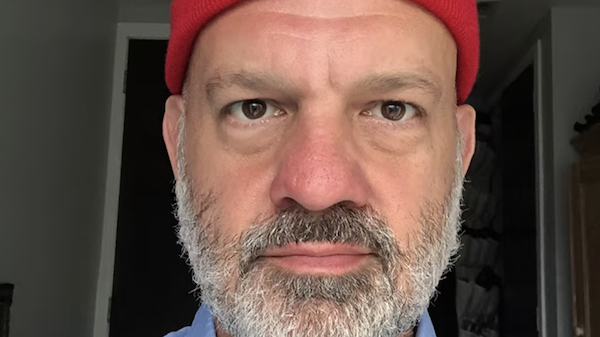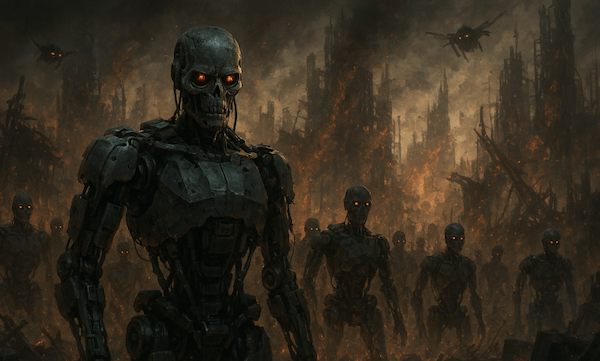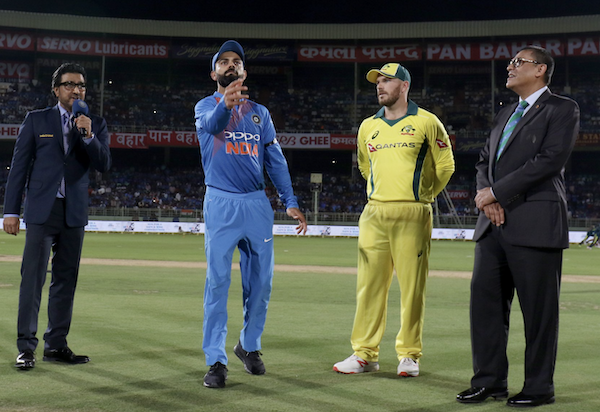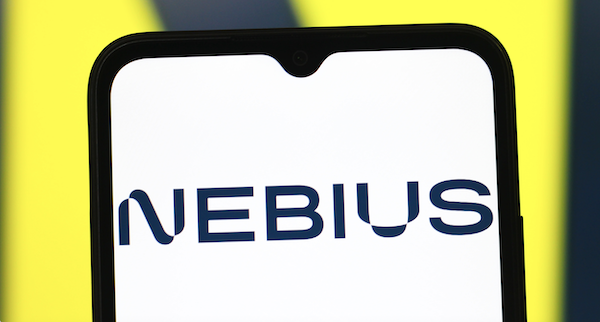Market scorecard
US stocks dropped earlier in the session yesterday, but gathered momentum to end higher. This means that major indices reached fresh record closing highs. One disappointment in the S&P 500 was Apple, which closed down 1.5% despite releasing exciting new products, including the thinnest iPhone ever, and other models with better cameras and longer-lasting batteries.
In company news, Google Cloud revealed it has as much as $106 billion in unfulfilled customer commitments. Finally, Oracle took off (+28.4%) in aftermarket trade, thanks to an impressive cloud-hosting business update.
In summary, the JSE All-share closed up 0.44%, the S&P 500 rose 0.27%, and the Nasdaq was 0.37% higher. Cool.
Our 10c worth
One thing, from Paul

Robert Armstrong (pictured here) is a senior journalist at the Financial Times (FT) of London, but he's based in New York. He's one of the best in the business, and puts out a daily note called Unhedged that I always find useful.
He made some pointed comments about his industry colleagues in an opinion piece yesterday:
"Pessimism is a professional risk for financial journalists. There are various reasons my tribe finds gloom excessively attractive. To start, pessimism makes a writer sound sophisticated, whereas optimism makes them sound like a shill for the finance industry. And there is the possibility that if you predict 15 crises for every one that comes along, people will only remember the one you got right, not the 14 you hallucinated. Most importantly, bad news just gets read more than good news."
That's very honest of him, and worth keeping in mind when you scan the market news headlines.
I'm permanently optimistic. If something seems worrying, I assume it's not important. If it appears to be a problem, I presume it will go away by itself. So far, so good.
Byron's beats

I was reminded by a friend the other day that being polite to AI bots is actually costing the service providers millions of dollars in processing power.
When you thank ChatGPT for its super helpful answer, it takes valuable processing power and energy for the bot to register that you have thanked it, and then it needs to respond.
So stop thanking your AI assistants. Unless you believe that the AI robots will come after you during the apocalypse at some point in the future. I'll hedge my bets by saying please in the original request, but then leaving it at that.
Michael's musings

Life is full of uncertainty and many things are out of our control. To give the illusion of stability, people try to predict the future by using probabilities. In truth, unlikely outcomes happen all the time.
Here's a recent example. The Indian cricket team just set a record for losing 15 tosses in a row. The odds of that happening are 1 in 32 768. Not unsurprisingly, there have been other cases of cricket teams losing many tosses in a row. The West Indies lost 12 in 1999, and England lost 11 in a row during 2023.
When it comes to the stock market, the short-term moves are all driven by emotion, meaning that you have a better chance calling a coin toss, than knowing what the market will do tomorrow, next week or even next month. That doesn't stop some people from trying to predict the future, with all sorts of crazy "systems".
The best way to make money in the stock market is to add regularly, buy quality, and then be patient.
Bright's banter

Yesterday, AI infrastructure company Nebius Group surged 49.2% after sealing a multi-year deal with Microsoft worth up to $19.4 billion. The Amsterdam-based company, spun out of Russian tech group Yandex in 2023, will supply cloud GPU power for AI training.
The core contract is $17.4 billion, extending through to 2031, with Microsoft able to top up capacity as needed.
This transaction highlights the intense demand for computing power to fuel AI. Nebius's competitor CoreWeave is also doing well, and closed up 7.1% yesterday. It then rose another 4.9% pre-market after updating its business plans.
Most importantly, Nvidia recently reported blowout earnings and expects up to $4 trillion in AI infrastructure spend by 2030, cementing its dominance.
Linkfest, lap it up
Sports teams' owners are enjoying their trophy assets. Valuations are through the roof - NFL teams ranked by worth.
Creating AI-generated images is yesterday's news. Now, these programs are able to create life-like videos - The influencer in this Vodafone ad isn't real.
Signing off
Asian markets are mostly in the green this morning, taking their cue from Wall Street's upbeat session. Japan led with solid gains, bouncing back from yesterday's slip. Mainland China and Malaysia are treading water.
In local company news, Walmart is finally opening its first branded stores in South Africa before year-end. The US jumbo retailer first took a 51% stake in Massmart in 2011, so we're just wondering why it took them so long to convert some of those Game stores into Walmarts.
US equity futures are marginally higher pre-market. The Rand is trading at around R17.50 to the US Dollar.
Have a good Wednesday.